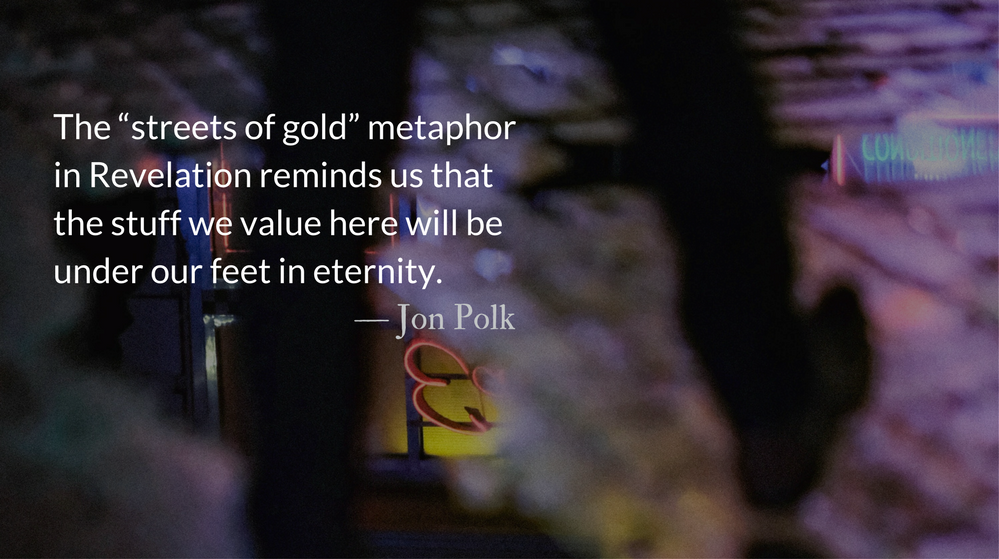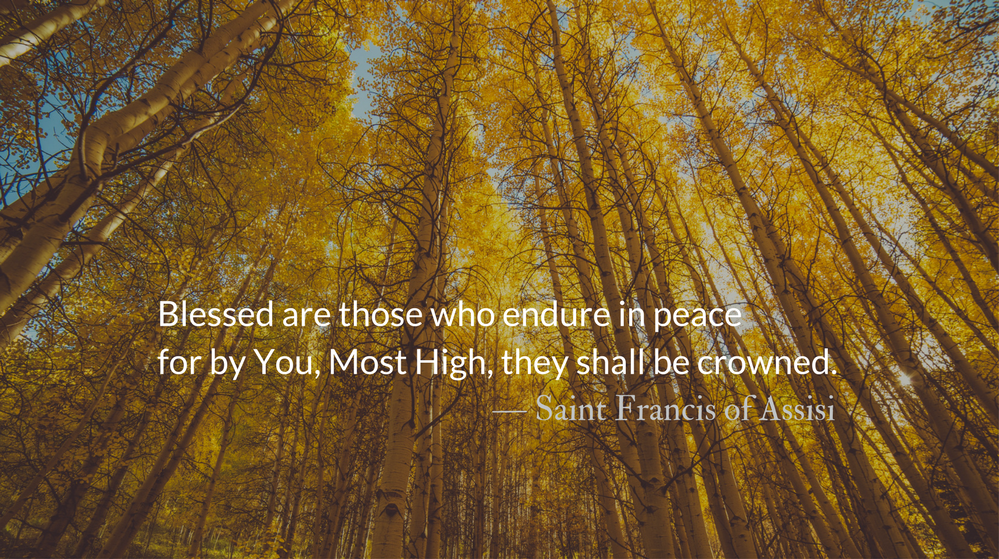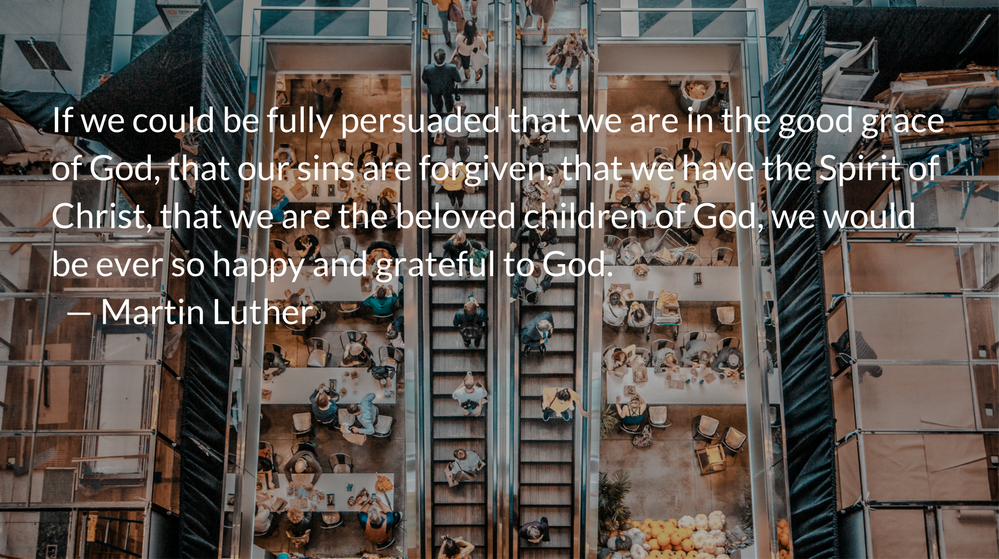Scripture: Philippians 3:8-9
I consider them garbage, that I may gain Christ and be found in him, not having a righteousness of my own that comes from the law, but that which is through faith in Christ—the righteousness that comes from God on the basis of faith.
Reflection: Gospel Faith or Garbage Faith
By Jon Polk
Before the Damascus road, Paul had all that we expect would make a person successful: respect, reputation, power, influence. He had the pedigree of his nationality and family. He had the résumé of an impeccable Pharisee, a leader in the community.
And yet, even with all that he had achieved, once he met Christ, Paul realized everything prior was waste, rubbish, by comparison.
The word that Paul uses in Philippians 3:8, often translated “garbage,” is Greek for dung or excrement. Paul makes an extreme point by stating that all that he has built up in his life—all that we consider to be of value—is completely worthless when compared to faith in Christ. By using this particular word, he is saying that it is all, quite frankly, disgusting and repulsive.
So what does Paul consider worthwhile? What should we strive for? Knowing Christ through faith. We should pursue a righteousness that is not found in accomplishments, or in keeping the law or rules, or in being a “good person.” The only worthy thing is knowing Christ in the power of his resurrection and in participation in his suffering. This kind of faith is our foundation.
A story is told of a wealthy man on his deathbed visited by an angel. Upon hearing the angel remind him that “you can’t take it with you,” the man pleads, “Please, I have so much that I have worked hard all my life to acquire. May I bring just one suitcase?” The man begs until the angel grants his request.
Thinking he was clever, the wealthy man converted his riches and filled the suitcase with gold bars. When death came for the man and he arrived at the Pearly Gates, St. Peter insisted on inspecting his luggage.
Opening the heavy suitcase to examine its contents, Peter looked at the man, puzzled, and asked, “Why did you bring a suitcase full of pavement?”
The “streets of gold” metaphor in Revelation reminds us that the very things we find valuable in this life will be most ordinary in our eternal life. The stuff we value here will be under our feet in eternity.
Faith in Christ, the foundation of our righteousness, is the only thing that lasts. In the end, it won’t matter how much money we made, what country we were born in, what our family pedigree is, or how successful, powerful or prestigious we became. Only faith sustains and only faith remains.
A Reading
Jesus taught us, saying: “How blessed are the poor in spirit: the kingdom of heaven is theirs.” — Matthew 5:3
– From The Divine Hours: Prayers for Summertime by Phyllis Tickle.
Full prayer available online and in print.
Today’s Readings
1 Kings 12 (Listen – 7:05)
Philippians 3 (Listen – 3:21)










